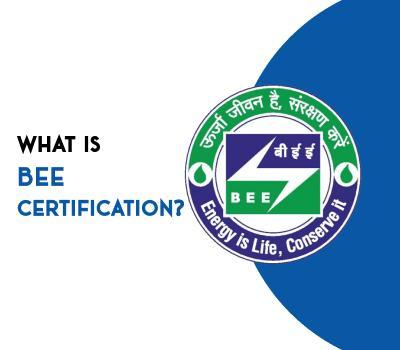Everything You Need to Know About BIS Certification
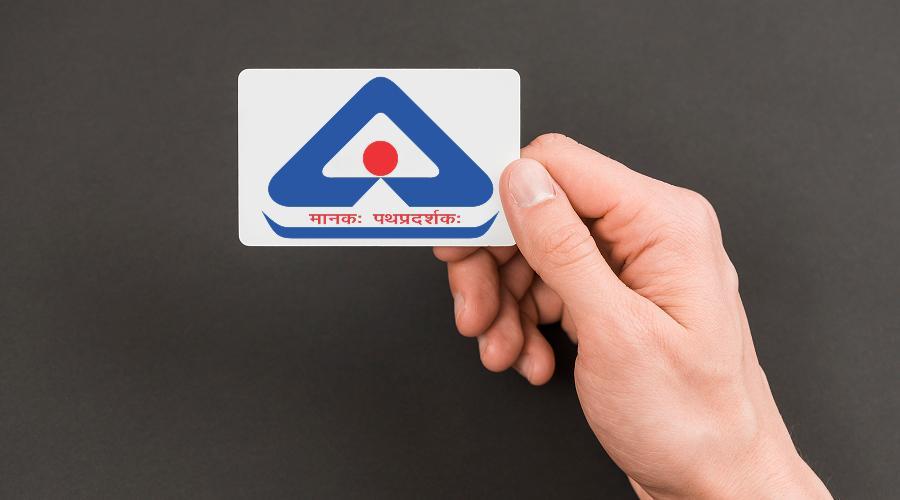
Today, BIS certification is necessary to sell your product in the market. Every manufacturer in India who wants to offer their product in the local and global market has to make their product compliant with BIS standards. This will help them apply for BIS certification and know that their product meets the rules and regulations set by the law. If you are confused about how to make your BIS certification hassle-free, this post is just for you. This guide will educate you about the essence of BIS certification, how to get it, and more. Here we go!
What is BIS Certification For India?
BIS Certification is a national and legal certificate that ensures the quality of your product by the Bureau of Indian Standards. BIS is fully known as the Bureau of Indian Standards (BIS) in India. It is a standard-setting body and is part of the Ministry of Consumer Affairs, Food, and Public Distribution. With the help of the BIS certification, you can be sure that your product is compliant with the specific India Standard of BIS. Overall, a product with BIS certification signifies that your product is safe and reliable for public consumption. For that purchase, a BIS approved lab helps to find hidden points and make your product align with the laws.
How to Get BIS Certification in India?
Today, BIS certification in India is a way for manufacturers to sell their products in the market without legal trouble. It involves businesses following certain steps, like filing applications, testing, inspections, and licensing. Manufacturers work with the best testing lab to have their products inspected by experts. That ensures they meet all requirements for BIS certification. Here are the steps to apply for BIS certification in India:
- Start by identifying the relevant Indian Standard.
- You need to nominate an authorised Indian Representative (AIR).
- Submit the BIS application together with all required documents.
- Find a BIS-recognised testing lab and send them product samples.
- Take their factory inspection if you want.
- You can receive a BIS certificate for compliance.
Types of BIS Certification Scheme
Let’s understand each type of BIS certification scheme one by one:
Compulsory Registration Scheme
The Compulsory Registration Scheme is designed for electronics and information technology goods. The product that comes under this scheme is notified by the Department of Electronics and Information Technology (MeitY). This certification scheme protects Indian consumers by safeguarding them from spurious and substandard goods. According to the Compulsory Registration Scheme orders, no manufacturer shall design, manufacture, or store a product for sale, sell, or import or distribute goods if the product is not aligned with Indian Standards. To avoid the penalties, consumer products should visit the BIS Test lab to undergo a range of product methods like energy efficiency testing, performance testing, etc.
BIS Hallmarking Scheme
The BIS Hallmarking Scheme is another crucial scheme that protects customers against adulteration. Manufacturers of jewellery have to go through product testing to maintain a legal standard of purity. There are gold hallmarking schemes from 2000 for gold and a silver hallmarking scheme from 2005 for silver. The BIS hallmarking scheme reveals the purity of the precious metal in the product. And on that basis, the product is given a hallmark. Hallmark is an official mark used in India and many other countries to indicate the purity and accuracy of a product. BIS registration is required for jewellery products that sell gold or silver jewellery.
Domestic Manufacturer Certification Scheme
The domestic manufacturer certification scheme is basically designed for consumer goods like cement, LPG cylinders, helmets, and toys. Apart from that, it is also needed for electronics such as mobile phones and laptops. With the help of the domestic manufacturer certification scheme, product manufacturers can ensure that the products they manufacture are aligned with public interest and do not cause harm to humans, animals, or plants. The ISI mark is a type of domestic manufacturer certification scheme that shows the symbol of the product.
Why is BIS Certification Mandatory for your Products?
The quality and credibility of the product have become of the utmost concern. BIS certification is mandatory if you are a manufacturer of a product and want to sell it without any problem or legal crisis. Whether you build electrical products, household appliances, HVAC products, or construction products, having BIS certification helps you to show the reputation and trust of your brand. Connecting with the best BIS approved laboratory is the best approach to ensure your product does not get rejected from BIS certification. They have a skilled team of experts with equipment and tools that have strong experience in testing.
Final Words
BIS certification is a mandatory Indian product certification that is mandatory for building and manufacturing products. It covers industries like electronics, food, cement, steel, household appliances, and textiles. Without having BIS Certification, your product may not survive in the market, and customers can lose their trust. That is why a BIS certificate is needed to create a better and more respected picture in the market and ensure safety, performance, and functionality. Their products include LED lights, electric products, steel bars, and clothing. Product testing involves safety, quality, performance, and reliability checks to ensure products meet Indian standards and regulations.
Categories
Related Blogs
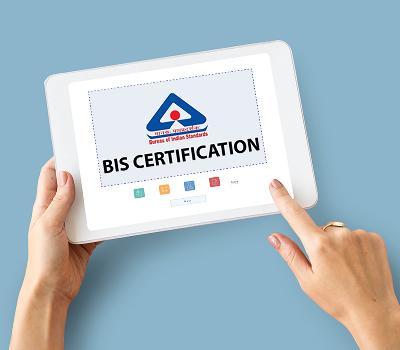
BIS Certification: Process, Types and Validity
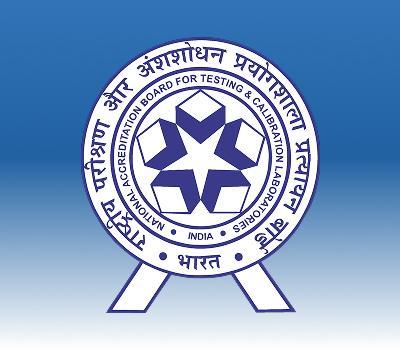
Advantage and Disadvantage of NABL Accreditation
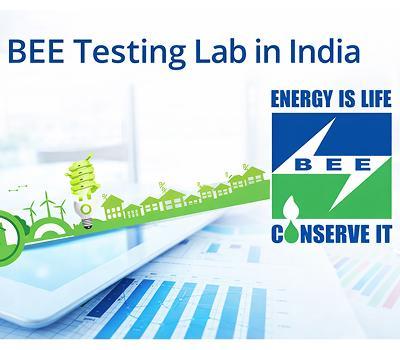
Best BEE Testing Laboratory in India
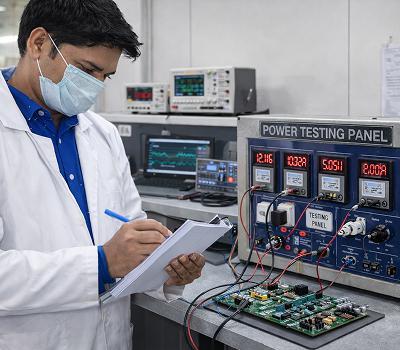
Best BIS Approved Laboratory in Chennai

NABL Accredited Labs in Chennai

Best Testing Laboratory in Delhi

Best Testing Laboratory in India
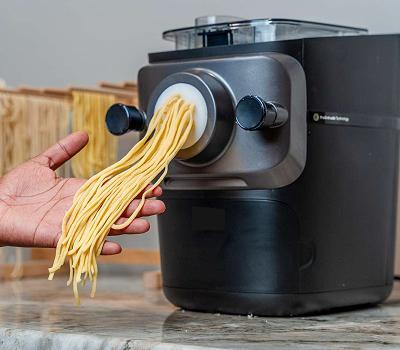
BIS Certification for Electric Noodle Makers IS 302 (Part 1): 2024
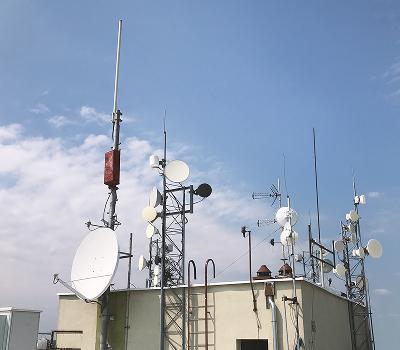
Telecommunications Equipment Testing Solutions
